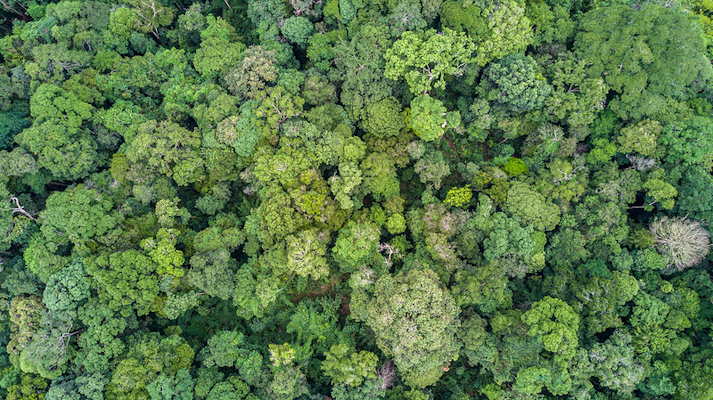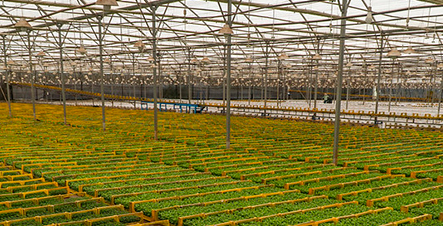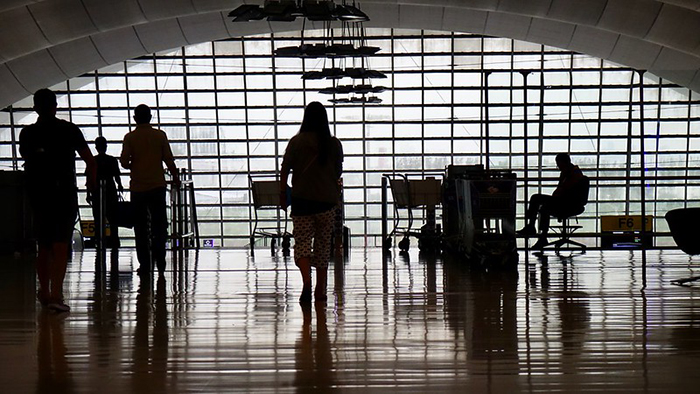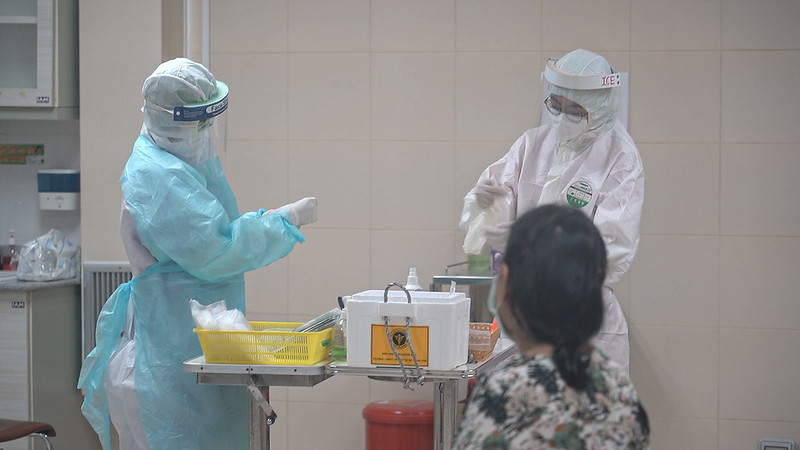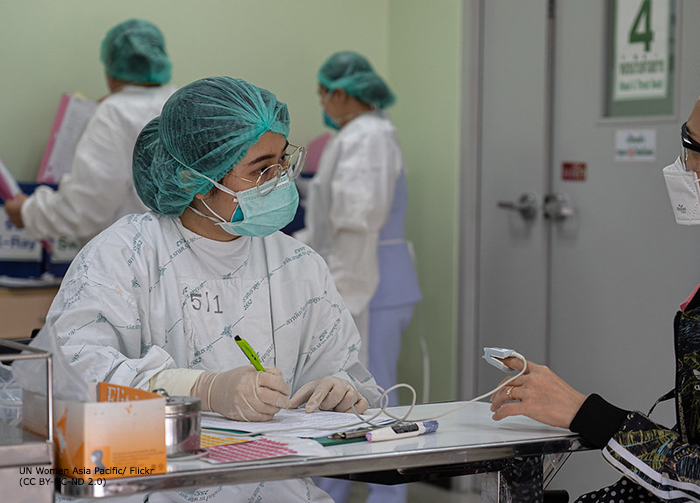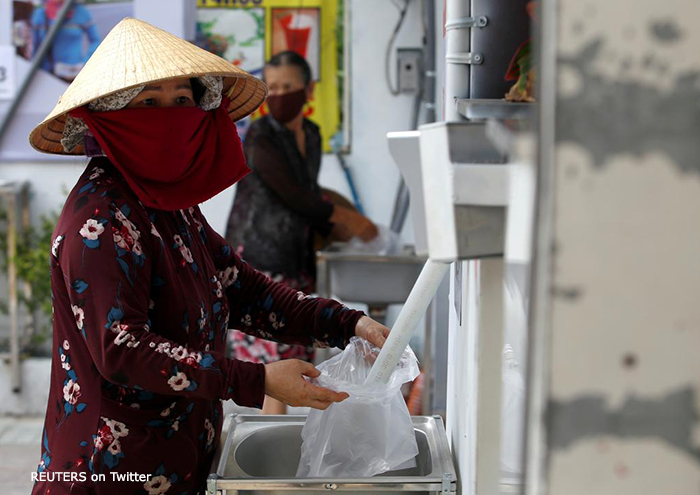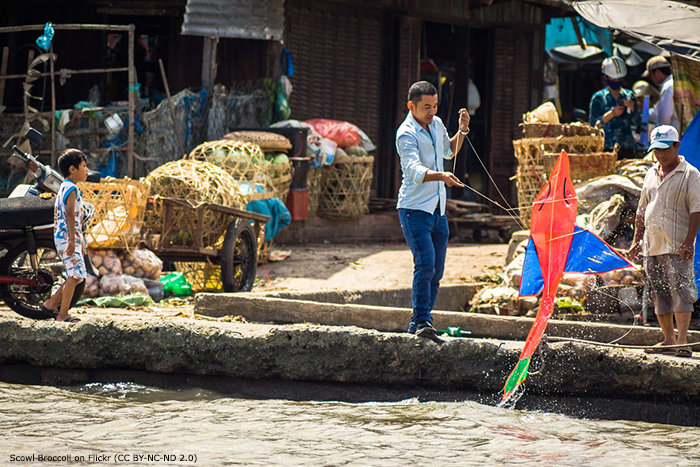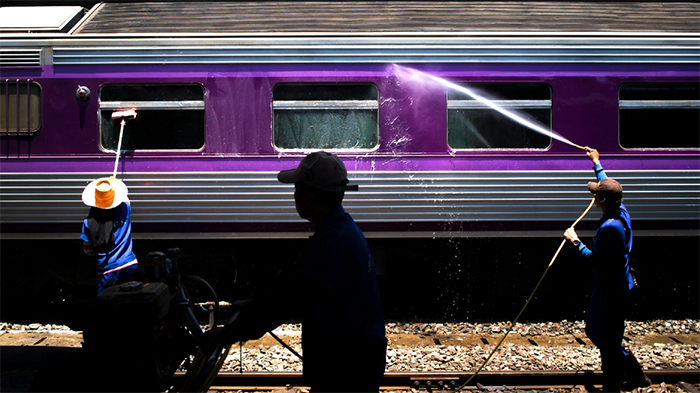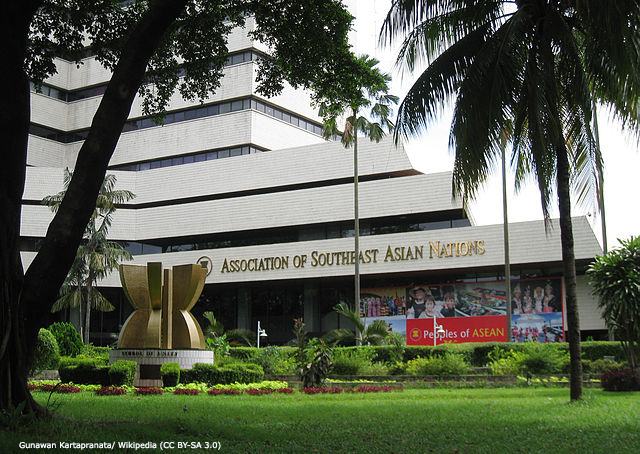
ASEAN headquarter in Indonesia. Photo: Gunawan Kartapranata
ASEAN Economic Ministers Pledge to Boost Supply Chain Connectivity
The ASEAN Economic Ministers Meeting on 4 June adopted the Hanoi Plan of Action on Strengthening ASEAN Economic Cooperation and Supply Chain Connectivity in Response to the COVID-19 Pandemic. Through the action plan, economic ministers hope to counter the impact of the coronavirus disease (COVID-19) outbreak by promoting ASEAN markets for essential goods and strengthening economic cooperation among ASEAN countries.

